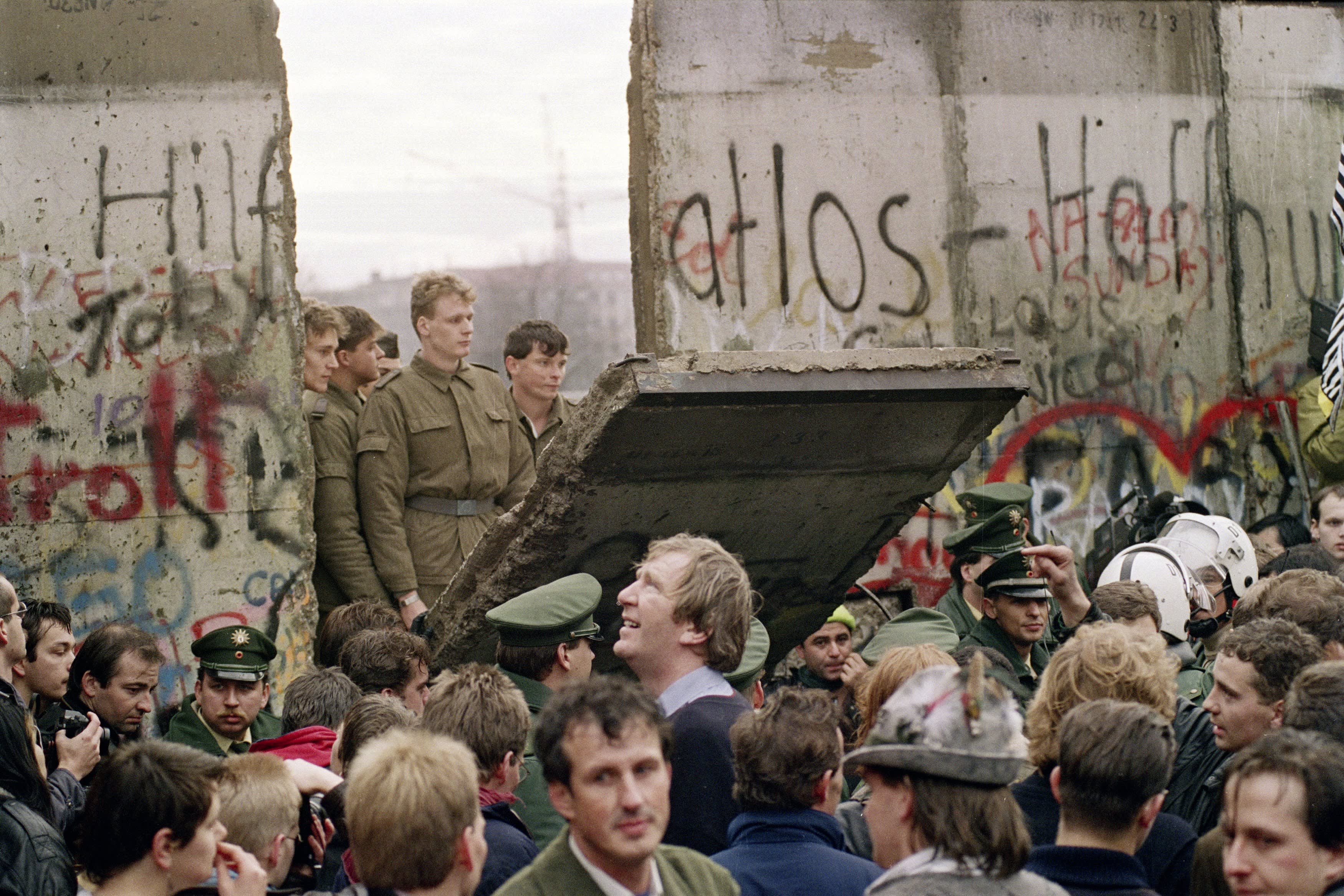(Disclaimer: I don't really understand what I'm doing and I don't expect this to be right. Let's just try it anyway)
For my topic (Eastern Germany, 1989), I'd like to use the Chicano movement rhetoric from the toolbox to analyze this social movement.
To start, I'd like to make the comparisons between the two movements in that there are multiple people of semi-different backgrounds coming together for political change. In this case, they use their backgrounds in order to achieve what they want in the political climate in which they are in. In the case of Eastern Germany, there's the point that people wish to have the Berlin Wall taken down so that Germany isn't separated into eastern and western. It's this common idea of people banding together to reform their government for the common good.
To go with this, I'd like to turn to the different curves we looked over in class. Specifically, the curve about varying levels of violence.
 Within this revolution, it should be pointed out that there wasn't any violence to be seen. Instead, Germans came together for peaceful protests, urging one another not to provoke the police into anything. In this way, they could show how much they wanted change while not actually getting in trouble. While yes, police did show up to harass the protesters, no one threw a punch or assaulted a police officer. Instead, they simply continued to protest. It eventually led to the government changing their ways and tearing down the wall.
Within this revolution, it should be pointed out that there wasn't any violence to be seen. Instead, Germans came together for peaceful protests, urging one another not to provoke the police into anything. In this way, they could show how much they wanted change while not actually getting in trouble. While yes, police did show up to harass the protesters, no one threw a punch or assaulted a police officer. Instead, they simply continued to protest. It eventually led to the government changing their ways and tearing down the wall.Next, I'd like to take a look at a few primary sources that had to deal with this Berlin wall being up. These sources can be seen as a reason as for why the protest and revolution needed to happen.
For example, a man by the name of Uwe Rosenthal had almost his entire life wrecked by the Berlin Wall and the power that it had. Rosenthal lived on the eastern end of the wall. He had earned a PhD and was about to start his career. Before he could, however, his PhD adviser crossed over to the western part of Germany. Believing that his adviser was selling secrets to the west, police kept constant surveillance over Rosenthal and took his licence. It wasn't until the wall finally fell that he got it back, allowing him to actually go and work with his adviser.
Looking through this source, we can link this back to the reason for why the movement came about. Along with this, we find an argument to be made: The movement came about because of the horrible conditions in which people were forced to live in due to the separation of eastern and western Germany.
And that's about as far as I've gotten.
No comments:
Post a Comment